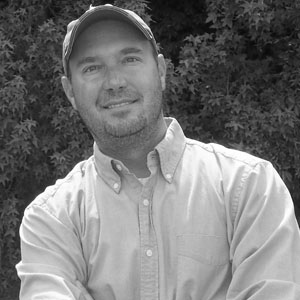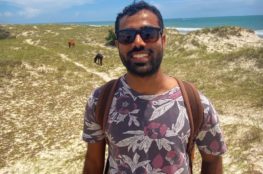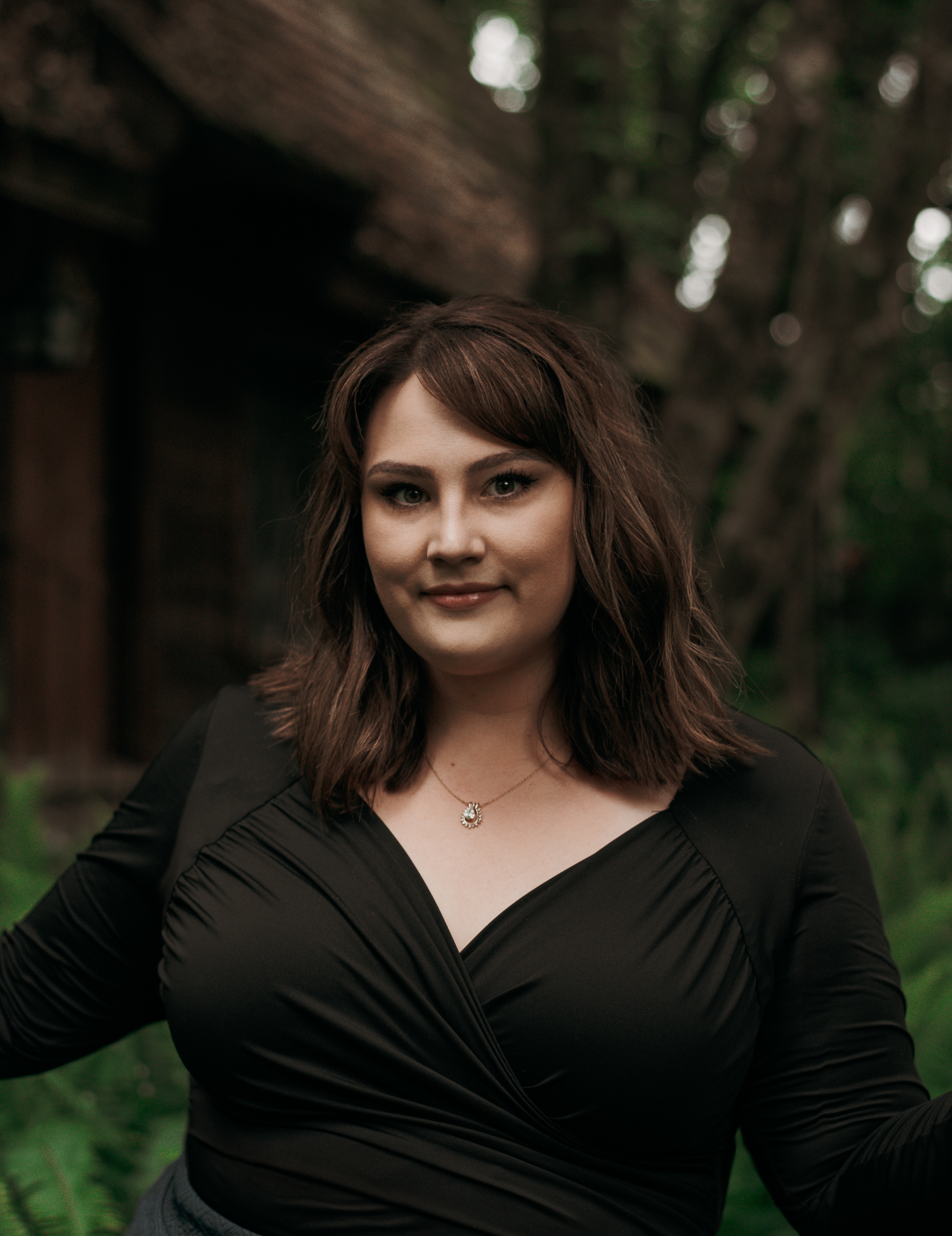The art of fiction rests in the writer’s ability to create real from the imagined. For Jason Ockert, professor of creative writing in CCU’s Department of English, the blank page was an open invitation for such exploration.
“When I was a kid and I first started writing, I discovered that I could create anything that I wanted,” said Ockert. “I had all of the control and authority. That helped me counterbalance the lack of control I had over the adult-centered ‘real’ world. I still find solace in the autonomy that’s afforded me in fiction. It helps beat back the chaos.” At times, fiction can lead us to the greatest truths, not only about ourselves, but those that rest in the world around us as well.
Ockert scrapes the surface of those truths in his latest work. Ockert will hold a reading and discussion of his newest collection, Shadowselves, on March 3 as part of the Words to Say It series, sponsored by the Department of English.
“I still find solace in the autonomy that’s afforded me in fiction. It helps beat back the chaos.”
Jason Ockert
Shadowselves is Ockert’s third collection of short fiction stories. Mostly comprised of previously published work between 2017 and 2020, Shadowselves roots its characters in places where Ockert has lived: the Midwest, the Northeast, the South, and the Twilight Zone.
“The stories are inhabited by characters who are stepping dangerously close to an edge they cannot see,” said Ockert. “Although the stories are dark, they are not jaded. The characters are wounded, but they’re not broken. I make room for hope in these stories.”
Ockert notes the relationship in his stories between the threat of darkness and the desire for something greater. “The thing about a shadow is that it’s born from light,” said Ockert. “I think it’s important to figure out where that light is coming from in our lives. What gives our days purpose? Who brightens our mornings? How are we treating our better selves? I want my readers to engage with these questions as they move through the book.”
While writing had played a large role in Ockert’s entire life, it wasn’t until his MFA program at Syracuse that he found a passion for teaching. “Although it was very intimidating at first,” he said, “I soon found that I loved talking with students about writing. It was then, as it is now, a privilege to witness young writers discover a passion for stories.”
Ockert continues to teach fiction at the undergraduate and graduate levels, finding fulfillment and engagement in both. “I treat all of my students—from intro classes through master’s classes—as individuals,” he says. “Every writer approaches narrative uniquely, and it’s my job to identify strengths and weaknesses and to push the student to discover new ways to improve their writing. ‘Talent’ is not taught, but exposing students to a range of styles and craft techniques can help them refine their own literary aesthetics. I find that I learn a tremendous amount about writing from my students. I am very grateful to be around so many creative and inspired writers.”
Be sure to attend the reading on March 3 to hear Ockert read the first story in his collection, “Golden Vulture.”



